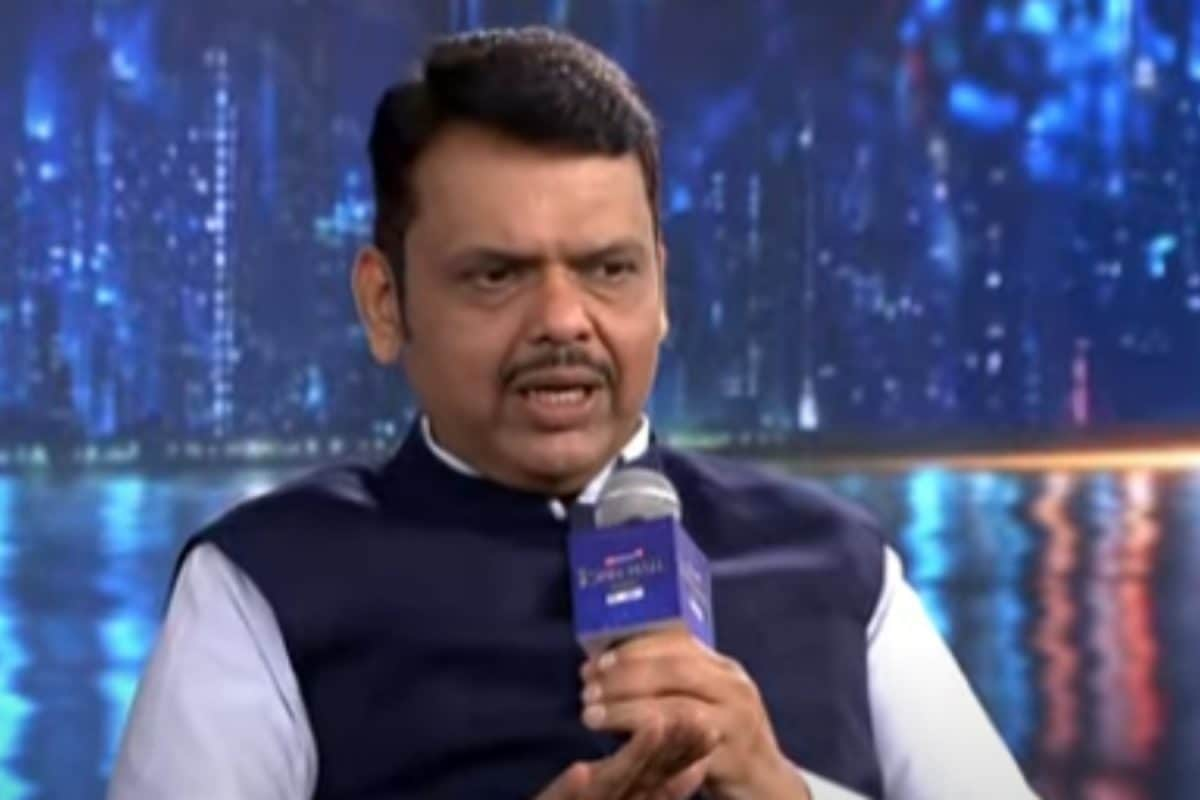

The narrative around Mumbai's development has often involved comparisons to other global cities, particularly Singapore and Shanghai. However, a different perspective has emerged, championing Mumbai's unique identity and advocating for its own distinct path of progress. This viewpoint suggests that instead of striving to emulate other cities, Mumbai should focus on enhancing its inherent strengths and that perhaps other cities should aspire to be like Mumbai.
This perspective emphasizes that Mumbai possesses a unique character shaped by its history, culture, and people. The city's vibrant street life, diverse communities, and entrepreneurial spirit contribute to an atmosphere unlike any other. Instead of trying to replicate the meticulously planned environments of Singapore or the futuristic architecture of Shanghai, the focus should be on preserving and celebrating Mumbai's unique identity.
Mumbai is undergoing significant infrastructural development. Projects like the Mumbai Metro, coastal road, Bandra-Versova sea link, and trans-harbour link are improving connectivity and mobility within the city. These projects aim to enhance the quality of life for Mumbaikars while preserving the city's character. The goal is to create a Mumbai that is modern and efficient, yet retains its distinct identity.
Recent developments highlight Mumbai's continued growth and potential. CapitaLand Investment Limited (CLI) recently launched its first data center in India, located in Navi Mumbai. This facility features advanced technology, cooling systems, and scalability, setting new standards in critical infrastructure. CLI has also signed a Memorandum of Understanding (MoU) with the Maharashtra Government, outlining plans to invest over INR 19,200 crores (USD 2.83 billion) by 2030 to further expand its presence in Mumbai and Pune. This investment will focus on business parks, data centers, and logistics facilities, demonstrating confidence in Maharashtra's economic growth.
Maharashtra is becoming a leading data center hub in India, accounting for 60% of the country's total data center capacity. This signifies the state's importance in the digital revolution, driven by advances in AI, quantum computing, and new digital frameworks. The government is committed to supporting this growth by removing any obstacles to seamless investment.
Instead of benchmarking Mumbai against other cities, the focus should be on creating a sustainable and inclusive urban environment that caters to the needs of its residents. This involves improving infrastructure, promoting affordable housing, and preserving green spaces. By focusing on these priorities, Mumbai can become a model for other cities in the developing world.
Ultimately, the vision is not to transform Mumbai into a copy of another city, but to create a unique and thriving metropolis that embraces its heritage while embracing progress. Mumbai should be a city that others aspire to emulate, not the other way around.